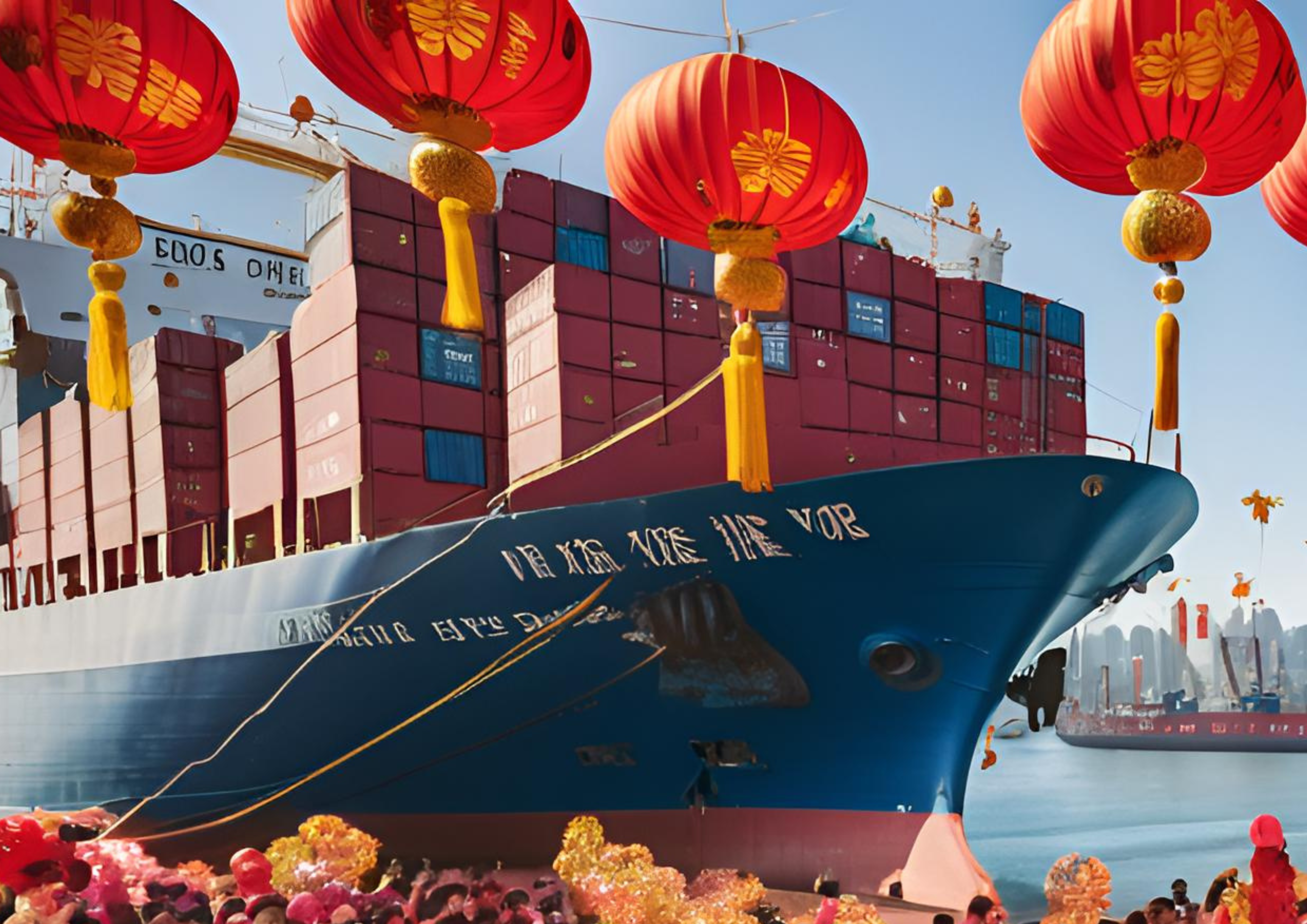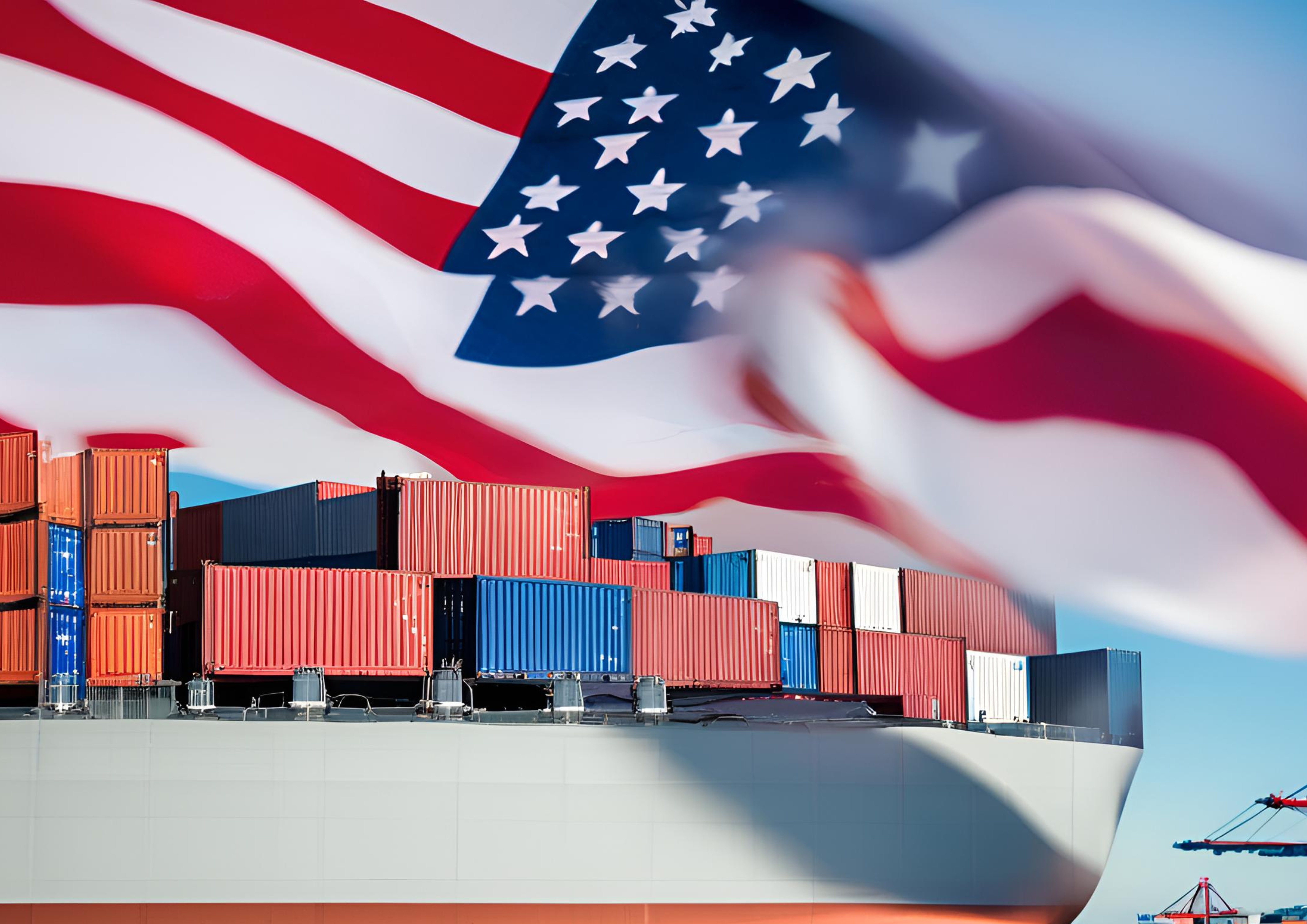Newsletter #30/2024: Actual situation in international transport

The end of the year in logistics is usually rather hectic. This year is no different and let's take that as good news. If nothing was happening, everything was kind of going along lazily at a stagnant pace, it would be a bad sign. And we probably wouldn't even enjoy it. So let's take a look at what's moving the supply chain.
IMPORTS FROM THE FAR EAST
OCEAN TRANSPORT
Then in January 2025, in addition to the peak import "spring" season, stricter emission regulations for EU shipping will come into force. As a result, the CO₂ cost of booking shipping to and from Europe will rise significantly. Shippers will be obliged to purchase emission certificates for 70 per cent of their shipments from 1 January 2025, up from the current 40 per cent. It is clear that this will be reflected in the final prices. And of course also export prices.
Last but not least, from 1 January 2025, further EU regulations will come into force to decarbonise shipping, which will result in a further decrease in ship speeds to reduce the carbon footprint.
So from the above we can see that 2025 will be even greener than 2024 and probably a bit more demanding in terms of planning.

RAIL TRANSPORT
Here, too, we can consider the Christmas season to be over, because what is not on its way will not be unloaded before Christmas. As we informed you in the previous newsletter (Newsletter #29/2024), the Russian Federation has come up with another restriction and paradoxically helped the so-called southern route, which is starting to gain importance and above all meaning.
AIR TRANSPORT
Here, on the other hand, Christmas merchandise is a hot topic. Because it is the last remaining way to get the Christmas blockbusters or, in short, the orders that have to arrive this year, into European warehouses or onto the shelves. So demand for import air freight in particular is growing and you don't have to be an economic expert to work out what that means for air freight prices.
And because it's not just our job to inform you, but to actively help you, we're not sitting on our hands and have dusted off our concept called Gearshift. We work with different variations of import shipments that have different time and cost parameters. It's entirely up to you which gear you choose and at what speed your goods will move. Who is interested in the details, here is a link to the technical specifications.
AIR EXPORTS TO CHINA
On the other hand, air transport to China is very convenient. It is difficult for airlines to fill full planes towards Europe at the same rate on the way back and thus cover the cost of their return flight. And they are more willing to negotiate rates than ever before. So it's interesting to think about this mode of transport even if you wouldn't normally choose it just because of concerns about high costs.
USA
Donald Trump's victory affects many things, including the economy and therefore the supply chain. The US has already partially increased tariffs before his election and China has been frantically exporting in an attempt to avoid just increased collection. The Trump administration coming in after his inauguration on 20/1 is apparently going to revise the tariffs upwards again and thus, at least until the regulations go into effect, increased imports of goods towards the US will continue. Whether this will take capacity towards Europe and thus create further pressure on space and prices is up in the air.



